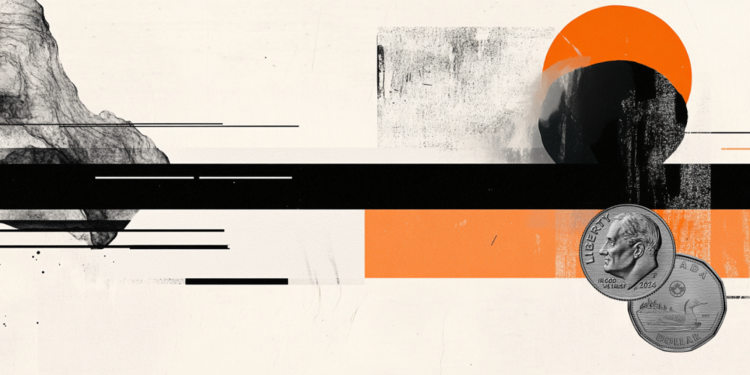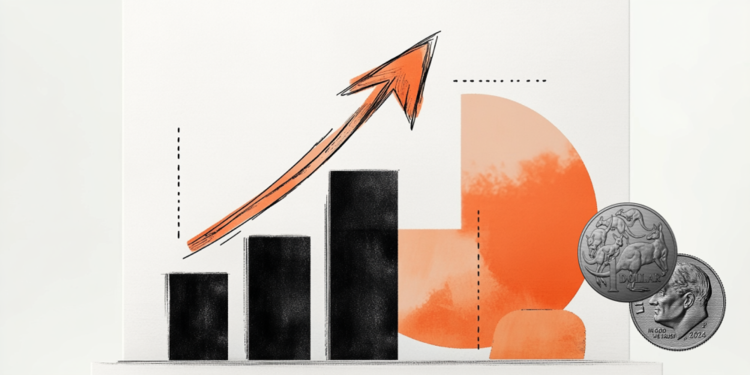A judge in federal court for the Northern District of California dismissed a class-action lawsuit by users against Apple who downloaded a fake Toast Plus app from the App Store.
The lawsuit against Apple was filed last fall on behalf of plaintiff Hadona Diep. The woman claims to have downloaded the malicious app Toast Plus, mistaking it for a version of the Toast Wallet cryptocurrency wallet. Some time later, the victim discovered that the attackers had stolen 474 XRP from her.
Another user, Ryumei Nagao, said that his losses are estimated at $500,000. The plaintiffs believe that Apple knowingly allows hackers to place fraudulent applications in the store, therefore they are demanding damages from the company. The company itself denies the allegations and says it conducts thorough app reviews.
The lawsuit was originally filed in federal court in Maryland, but in December the case was transferred to federal court for the Northern District of California. Judge Phyllis J. Hamilton ruled that, under the terms of service for users, Apple should not be held liable for the losses suffered by people who download third-party counterfeit apps.
Under Section 230 of the Communications Decency Act, Apple is considered the publisher, not the creator, of content provided by another provider, so the company must be protected from such class actions.
Hamilton also noted that Diep’s lawsuit does not comply with consumer protection laws in the states of California and Maryland. In their complaint, the plaintiffs did not provide specific details about the alleged fake app, such as the location and time it was uploaded, and the content of the content.
In March last year, Apple received a lot of complaints. For example, a Trezor wallet user lost 17.1 BTC by downloading a mobile app from the App Store. In connection with numerous complaints, the US Congressman Sherrod Brown (Sherrod Brown) sent letters to the leadership of Google and Apple, demanding from them an explanation of how they deal with scammers, and by what criteria they evaluate the reliability of hosted applications.
Source: Bits
I am an experienced journalist, writer, and editor with a passion for finance and business news. I have been working in the journalism field for over 6 years, covering a variety of topics from finance to technology. As an author at World Stock Market, I specialize in finance business-related topics.







